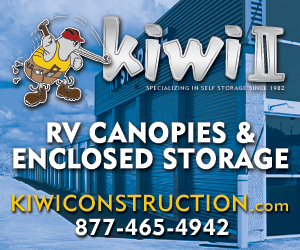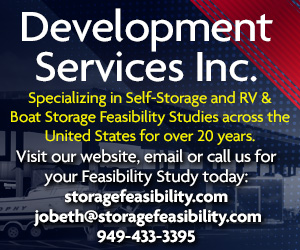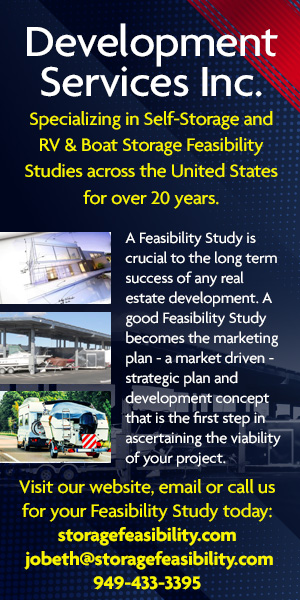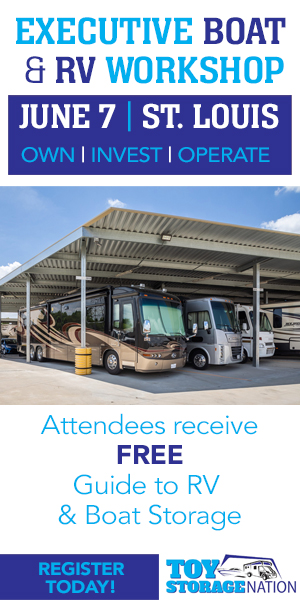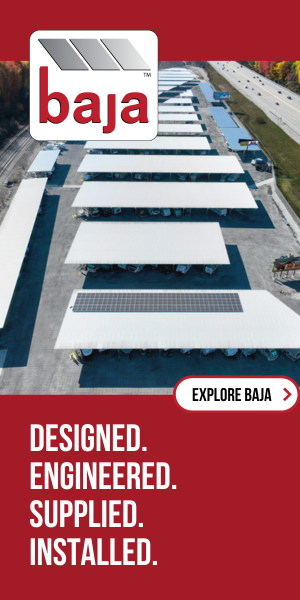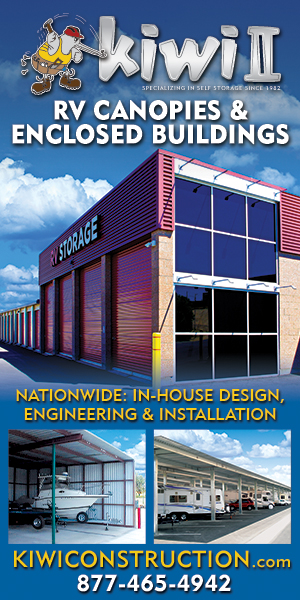
No self-storage owner or manager enjoys chasing after tenants in default and selling a tenant’s personal property to enforce their lien. Moreover, no owner wants to go through the complicated and tricky process of auctioning off titled property like vehicles and boats. To put it succinctly, self-storage owners are in the business of renting space for storage, not selling property.
Nevertheless, there comes a time when tenants have been in default for too long, and the owner must enforce its lien on the tenant’s stored property. While personal property such as household furnishings can be sold without proof of title, property such as motor vehicles and boats cannot be sold to new owners without delivering proper title. Thus, when a tenant defaults and the owner forecloses its liens, generally, a storage owner must first acquire title to the vehicle or boat before it can sell the vehicle or boat in question to a purchaser. The process of getting the title for the vehicle or boat at issue to sell it can be accomplished in many ways. First, more and more state self-storage acts provide a method in which the owner can sell a vehicle or boat, so the facility owner can simply follow the steps laid out in the self-storage law.
Additionally, the delinquent tenant can voluntarily agree to sign over his or her title in the vehicle or boat to the facility owner in lieu of paying the outstanding rent. This type of agreement should be documented. This transfer entitles the facility owner to then sell the vehicle or boat to any third party with the ability to deliver a proper title.
If the state self-storage act or other laws do not provide for a direct way for the facility owner to sell the vehicle or boat pursuant to its lien, the facility owner can file a request for title transfer with the appropriate department that controls the titling of vehicle and boats in the state (Department of Motor Vehicles, Department of Watercraft). Under most state statutes, the procedure for applying for a replacement title for an abandoned vehicle is similar. Ultimately, if no objection is filed by the vehicle owner in response to the abandonment application, the abandonment will be confirmed by the department (and may need to be approved by the Court in some states), and the foreclosure sale will be allowed to proceed. The facility owner must still send the regular foreclosure letters and place the required advertisements to sell the vehicle at a public sale that it would send under its standard lien foreclosure procedures.
However, many states now provide facility owners with an alternative to the complicated and challenging process of selling vehicles by allowing facility owners to have the vehicle and boats towed from the property, thus leaving the issue of transfer of title and sale to the towing company who more regularly handles such procedures. Almost all of the states that permit towing provide that if the rent remains unpaid for at least sixty (60) days, the facility owner may have the property towed from the facility and, if towed, the facility owner has no liability for any damage which may thereafter occur to the towed property.
The towing option provides tremendous relief to facility owners who have found the lien foreclosure process on a titled property to be difficult and time-consuming. Facility owners who choose the towing option lose the right to recover their debt from the sale of the stored vehicle or boat but retain the right to recover their debt from the tenant via their contractual claim for monies owed.
In those states that allow towing, facility owners still retain the right to foreclose on their liens over the property if they should choose to do so. However, the sale of a vehicle or boat significantly increases the facility owner’s exposure to liability. Consequently, not only is the towing option more convenient than selling, but it generally exposes you to less potential liability (and remember, self-storage owners, are not in the business of selling property, especially titled property).
Indeed, there are times when the condition of the vehicle or boat stored at a facility may not be worth the time and effort of getting a title or even of having the property towed. Sometimes the property can be sold for parts only. When sold for parts, the vehicle or boat is to be used solely to dismantle and sell used parts. However, before you sell tenants’ vehicles or boats for parts only, you must review your state statutes on these issues.
No matter what approach you may decide to take, you must still follow the default notice and foreclosure procedures outlined under your state’s self-storage laws, which should also be explained in your lease. Your tenant must always be allowed to pay the outstanding rent before the property is sold, towed, or disposed of by another means. The foreclosure of motor vehicles and boats is a complicated matter, and outside the typical storage space foreclosure. The guidelines and laws for properly selling such property must be followed. A storage owner risks liability and substantial damage claims by its tenants (mainly because the value of motor vehicles and boats is usually high). Caution should be the goal in this situation, and compliance with state laws should be the rule to avoid liability.


















